Lifestyle
10 Meaningful Ways To Sort And Share Your Assets Before You Pass Away
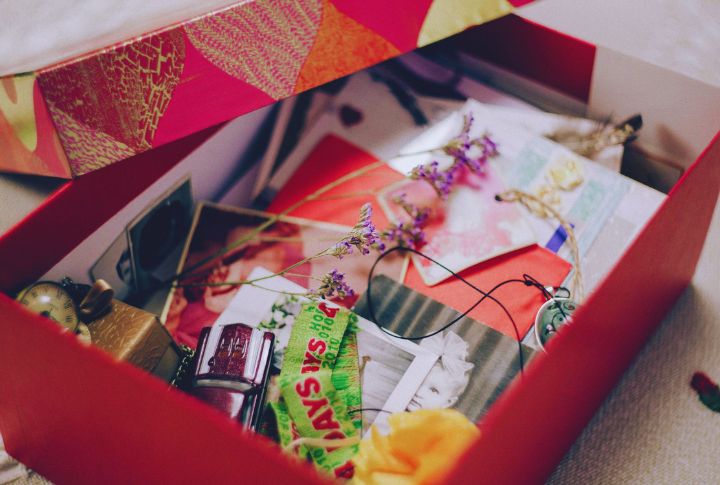
Planning what happens after you’re gone isn’t just about money—it’s about clarity, love, and legacy. Leaving your affairs in order is a final act of care that can ease emotional burdens and eliminate guesswork for those left behind. These ten practical steps will guide you in preparing the next generation, ensuring that what you leave truly reflects how much you care.
Use A Memorandum For Personal Property

A personal property memorandum is a document that allows you to list specific items and specify to whom they should be given. While informal in some states, it works in conjunction with a will and helps clarify your intent without altering legal documents directly.
Sort Items Step By Step

Start by naming items and putting them into categories such as clothing, jewelry, and tools. This allows you to review each pile and decide what needs to be discarded and what ultimately gets passed on. Subsequently, document your decisions to avoid leaving the loved ones guessing.
Set Up A Revocable Living Trust
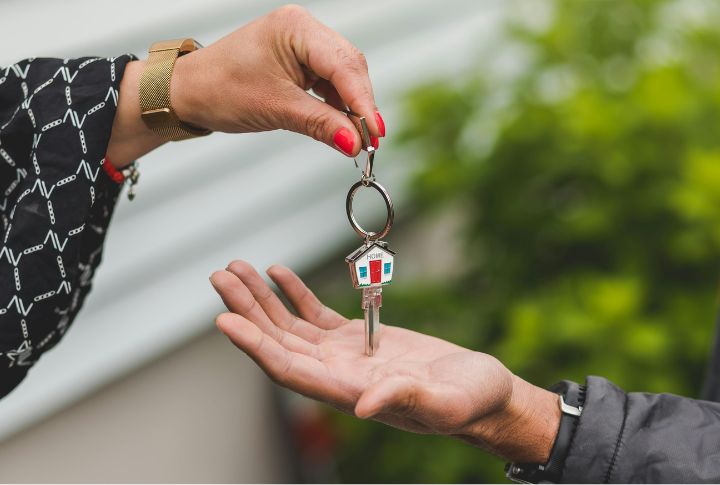
A trust empowers you to pass on your assets without a hitch to your beneficiaries. It bypasses the need for probate after your passing. Moreover, it also keeps your affairs private and enables a trusted executor or person to handle distributions based on detailed instructions.
Declutter While You’re Alive

Unwanted clutter can overwhelm your executor. So, you need to declutter by donating or discarding unwanted items, and give the others to your loved ones now. This will simplify the distribution process later. Further, it’ll give you peace of mind as you are helping others while clearing hoarded belongings.
Ensure Access To Critical Documents
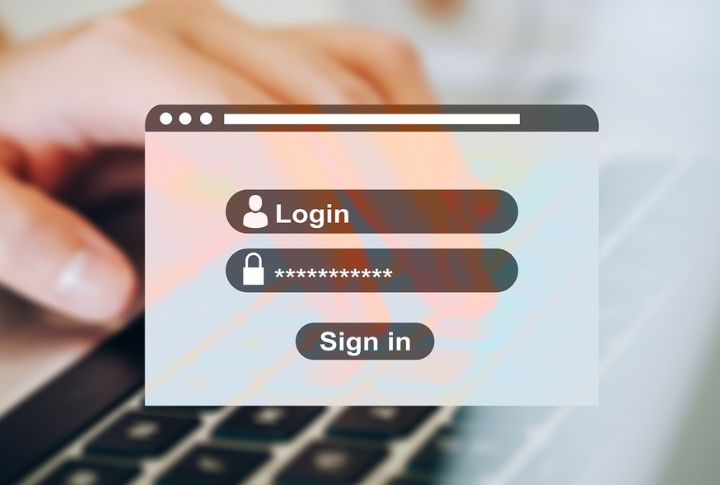
Store all important documents, such as wills, IDs, deeds, passwords, and insurance papers, in a secure and accessible location. Let at least one trusted person know how to access them. During an already difficult time, this saves loved ones from having to search and guess.
Tell The Stories Behind Items
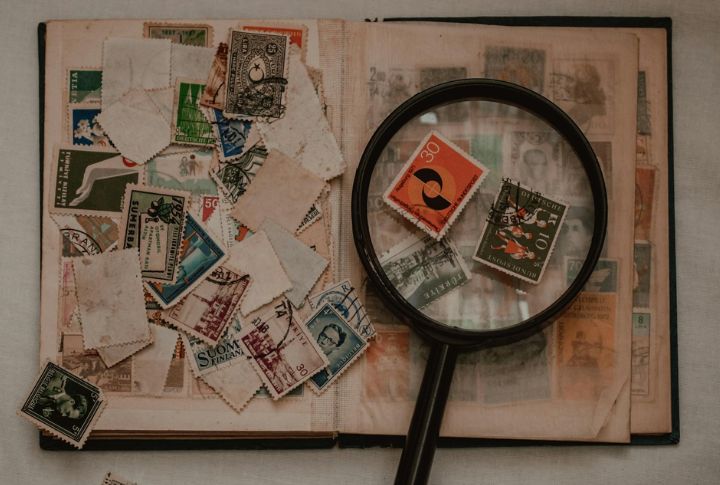
A box filled with your old postcards, ticket stubs, or even a high school yearbook is a memory for you. But for others, it is nothing but junk unless you emphasize its importance. Add a note to these keepsakes to tell the story behind your treasure so they can be valued and preserved.
Assign Nominees To Financial Accounts

Update the beneficiary designations in all your bank accounts, insurance policies, and investment instruments. This helps you to pass finances directly to intended recipients. Doing so will scrap the need for probate, ensuring that loved ones enjoy the benefits of your earnings without any legal complications.
Plan For Digital Assets

What happens to digital assets, like your phone and laptop, after your demise? Without instructions for access or guidance on which platforms to look for, they may be lost forever. To ensure your virtual existence endures, create a digital legacy plan for your social media accounts and your final wishes.
Ask Before Assuming

Don’t assume that your kids would want everything you leave behind. Instead of burdening them with items that may be unnecessary for them, ask them if they wish to inherit any particular belonging of yours that they value. Their answers may help you focus on what truly matters.
Create A Legacy Box
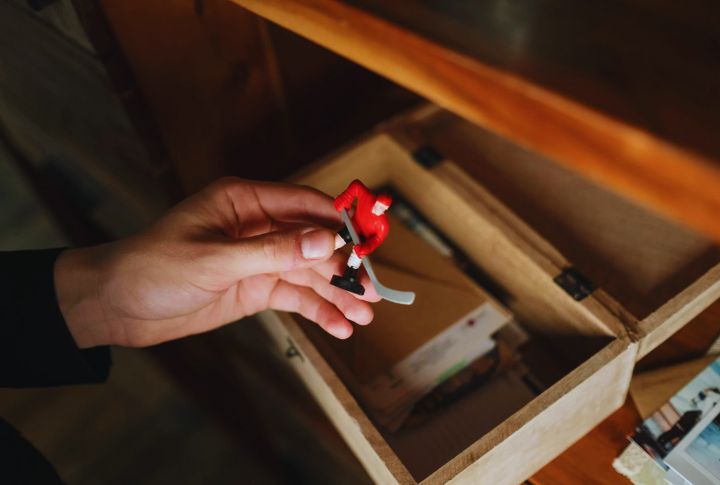
Use legacy boxes to keep yours alive even after you’re gone. Fill them with journals from your life experiences for your children or grandchildren, like a story about you from your perspective. “Death ends a life, not a relationship,” said Morrie Schwartz, as recorded by Mitch Albom.

